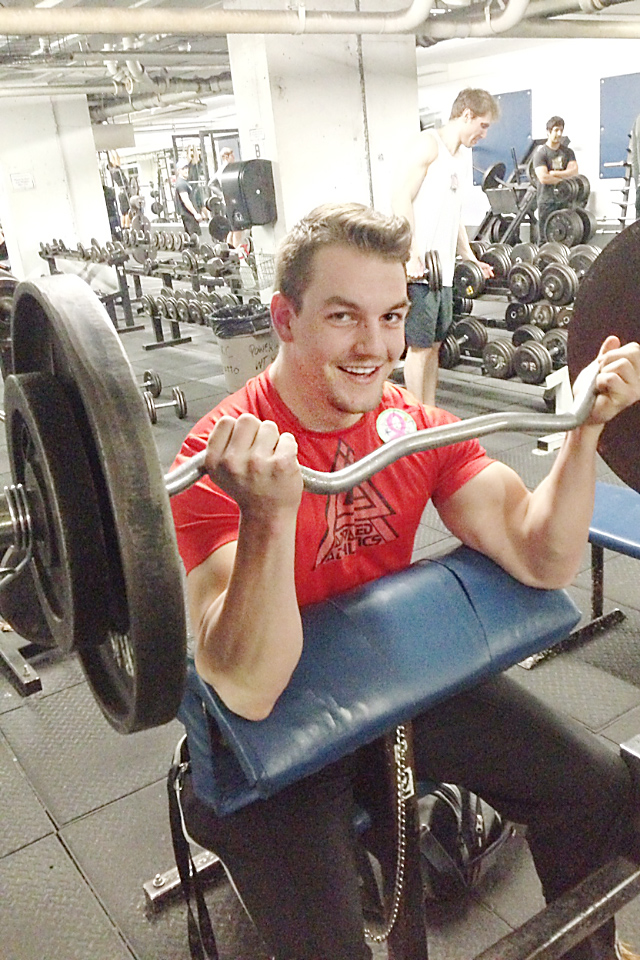The meaning behind the behaviour of children and youths is a topic discussed by people of all sorts in various forms of media, particularly when said children become involved with the justice system. We constantly ask ourselves “what does it mean?” What is it that causes one child to behave wrongly when the others act right, or vice versa? And more importantly, to whom can we look for responsibility?
Blame the parents — it’s an old (and controversial) argument, and while I think it would be wrong to consider the parents of delinquent children to be legally responsible for the malicious actions of their children, I don’t think it wrong to look hard at the parent as an influential factor. Infants were born to mimic; they awaken into this world a blank slate, with no internal point of reference to draw from. It doesn’t take bounds of logic or imagination to infer that their future behaviour is determined more by what’s going on outside than inside. I challenge anyone to come up with a decent argument to suggest that a genetic code inherent to the human body determines whether or not someone says please or thank you.
It is my opinion that our children are a collective reflection of ourselves, both as individuals, and as a whole. Most people will agree that you can tell a lot about a person based on their children — for instance, a polite child implies a polite parent — but it seems to me to be something of an odd aspect of our society and culture to completely disregard undesirable traits in children as being either an absence of good traits or something inherently individual. As though there were a “swearing gene,” for example, coded into every single person alive, which mathematically determines exactly at what frequency one might use the F-bomb to make a point.
See, we have a double-standard here. When we look at a child playing “Kitchen,” “House,” “Defender of the Universe” or any of the other kid games that might make us feel good about ourselves, we’re generally quick to say, “Aww, the little cultural sponge is imitating me and reflecting the decency of humanity for everyone to see!” However, it seems when we see a child playing “Talk Down to the Smaller Kid,” or “Yell at Teacher Because I Didn’t Get My Way,” we’re just as quick to write it off as something individual, like genetics, as though it all happens entirely on its own. At the very worst, the assumptions we make of a parent in this case is that their misbehaving child has not been “taught proper lessons,” as though poor behaviour were somehow less active, so to speak, than good behaviour.
I disagree with that notion. I think bad behaviour is just as taught and learned as good behaviour. Where I think we’re really screwing up on this is in the assumption that our kids only pay attention to what we say, not what we do.
When we teach our lessons, we can’t do it by just blithely saying what we want; we have to teach by example, because our kids are looking at far more than just the words alone — they’re looking at how we say the words and why we say the words, and coming to conclusions about how they should act themselves based on those observations. If they can’t get a consistent message from their parents — and I mean consistent in both word and action — then they’re going to draw their conclusions from other sources, and that leaves them open to a world full of messages inadvertently (or sometimes overtly) bent towards twisting the minds of children.
We can’t be afraid to look at our children’s behaviour as an interpretation, and extension, of our own. We all want to believe that people are “pure” individuals, guided only by an arbitrary handing out of personality traits and the sheer power of their will, but we need to face the fact that this may not be the case. It’s the same message that’s been ringing for centuries: a true act of willpower is not just telling, but acting how we want our children to act, giving them good examples to emulate. We can’t expect them to be good people all on their own.
Gerald thinks we’ll fix the youth when we fix ourselves.




